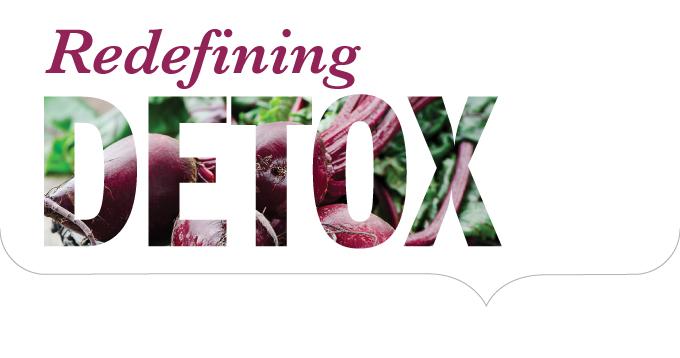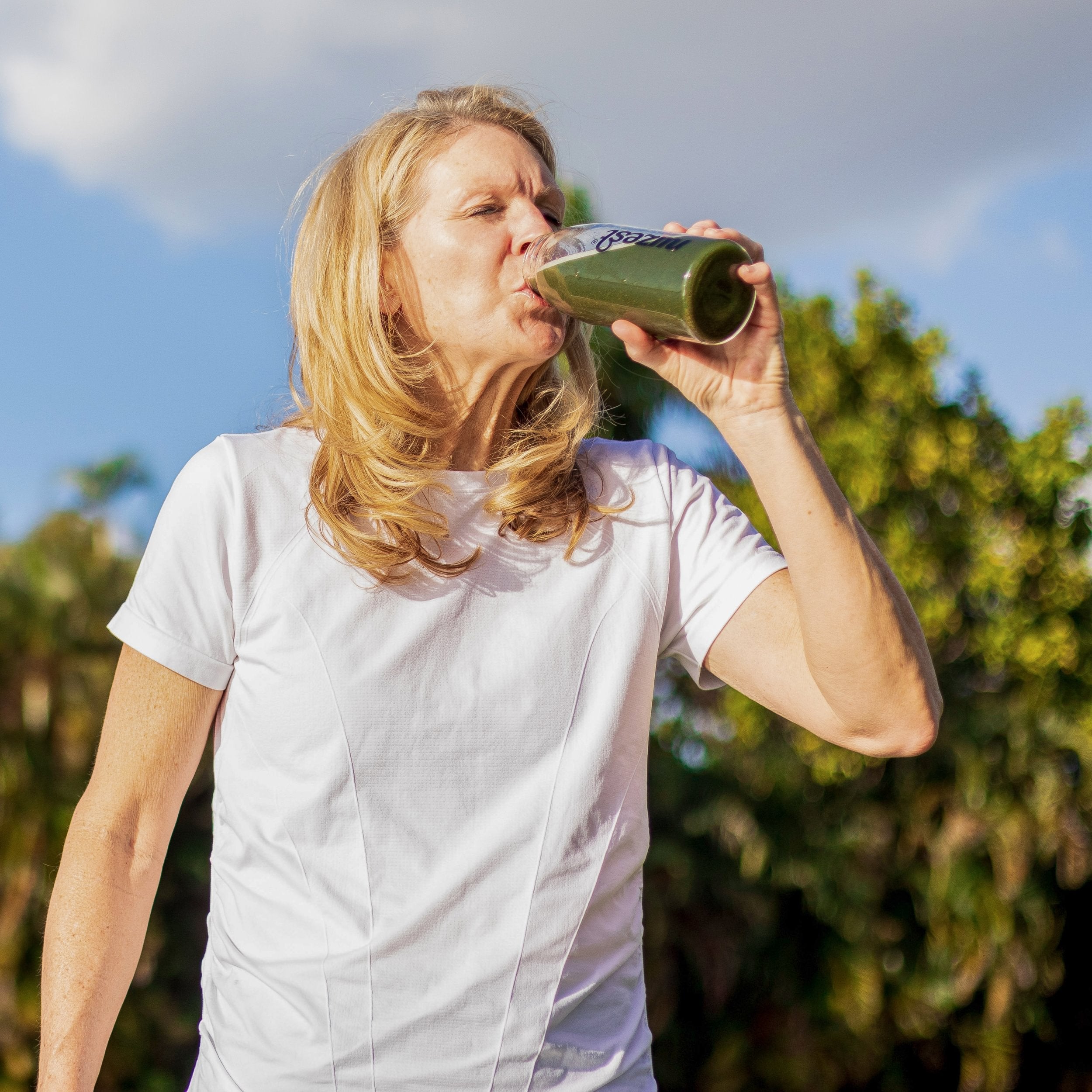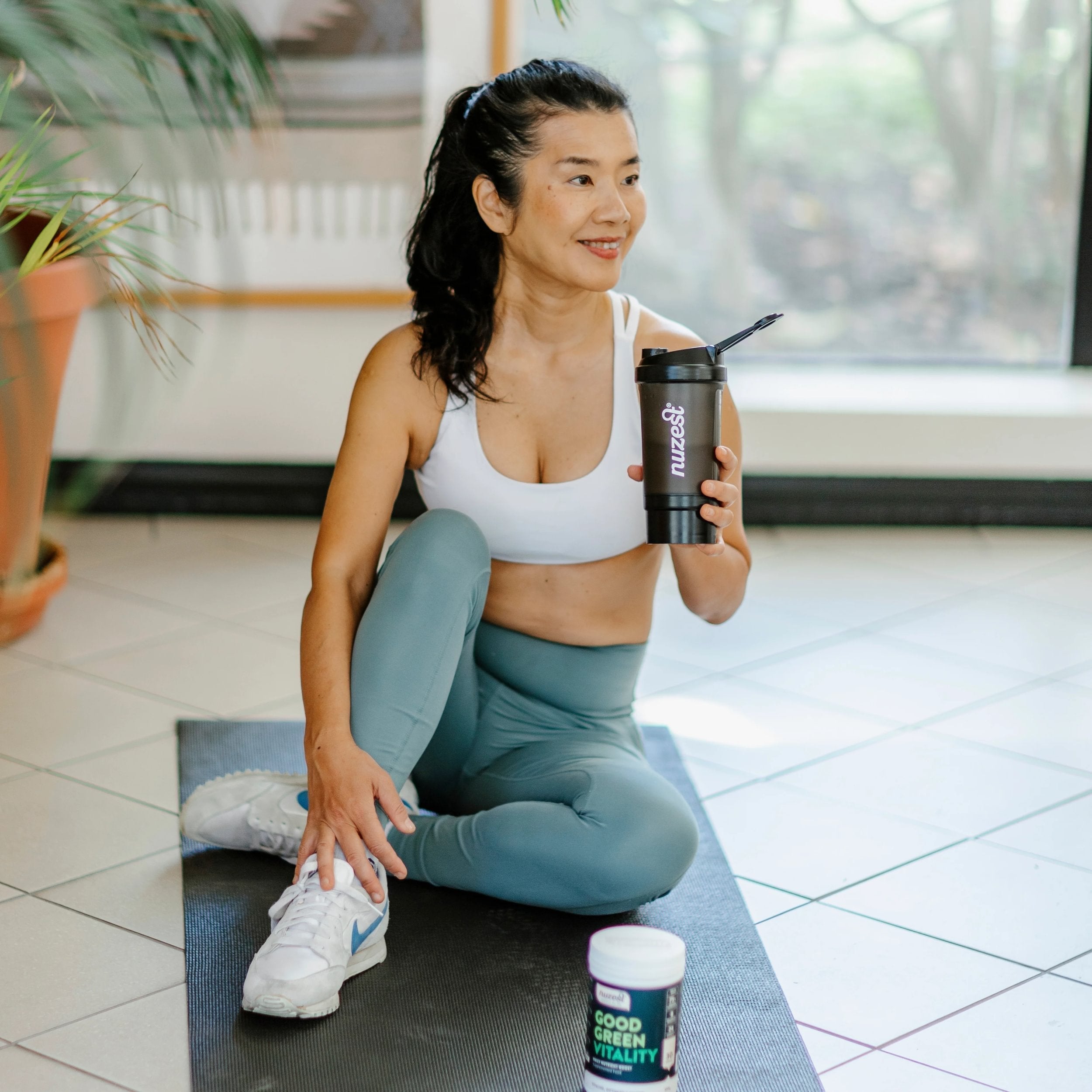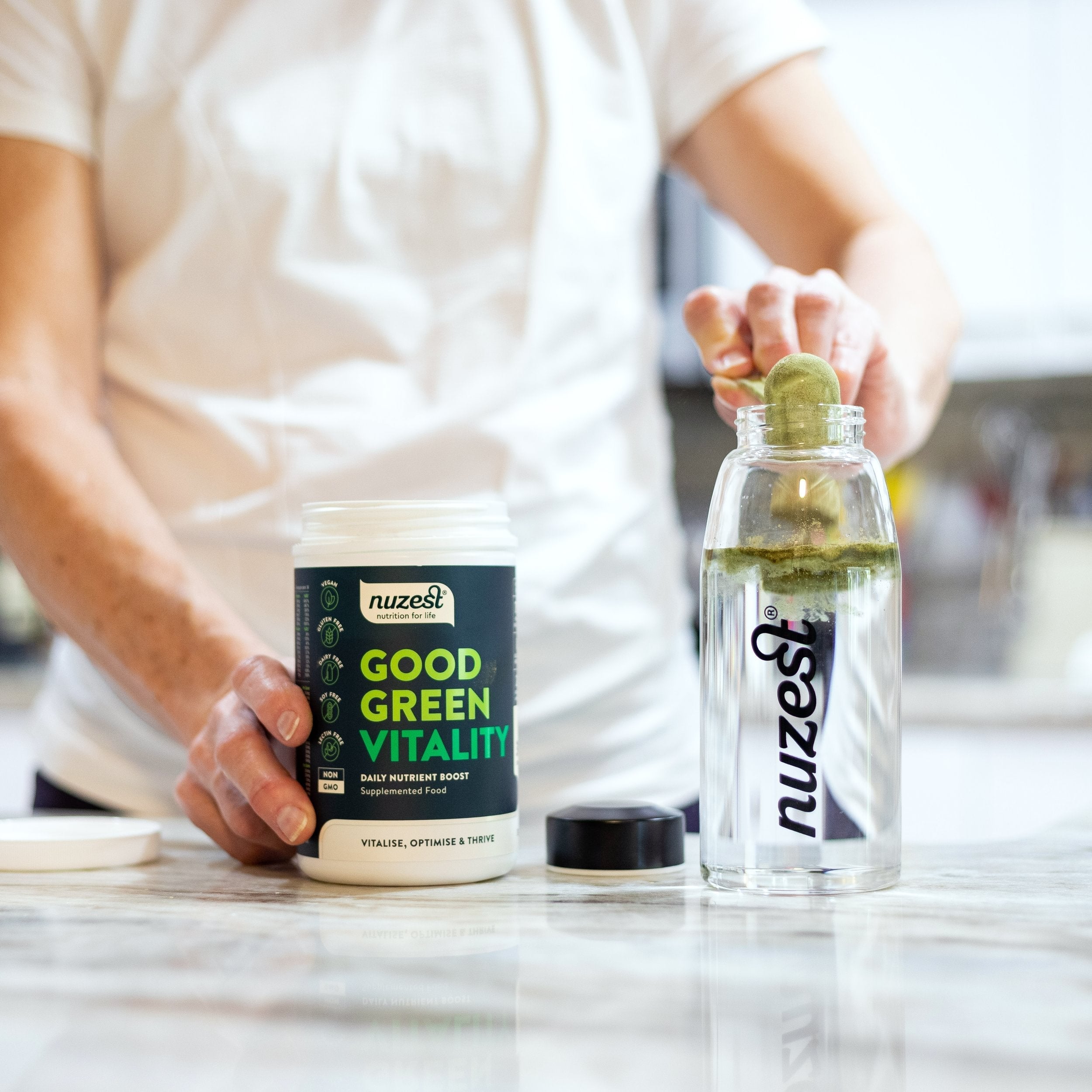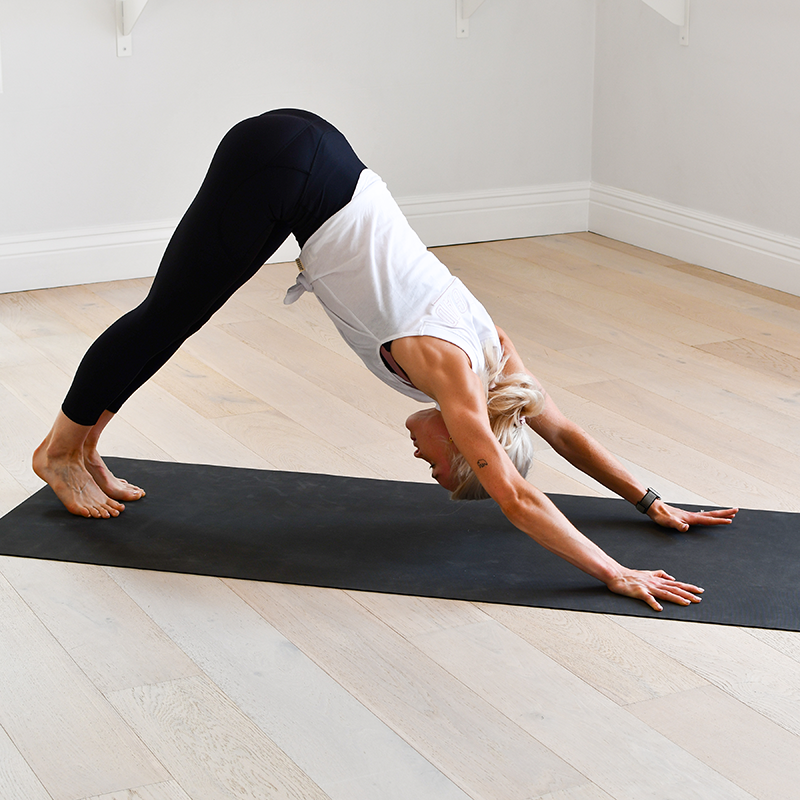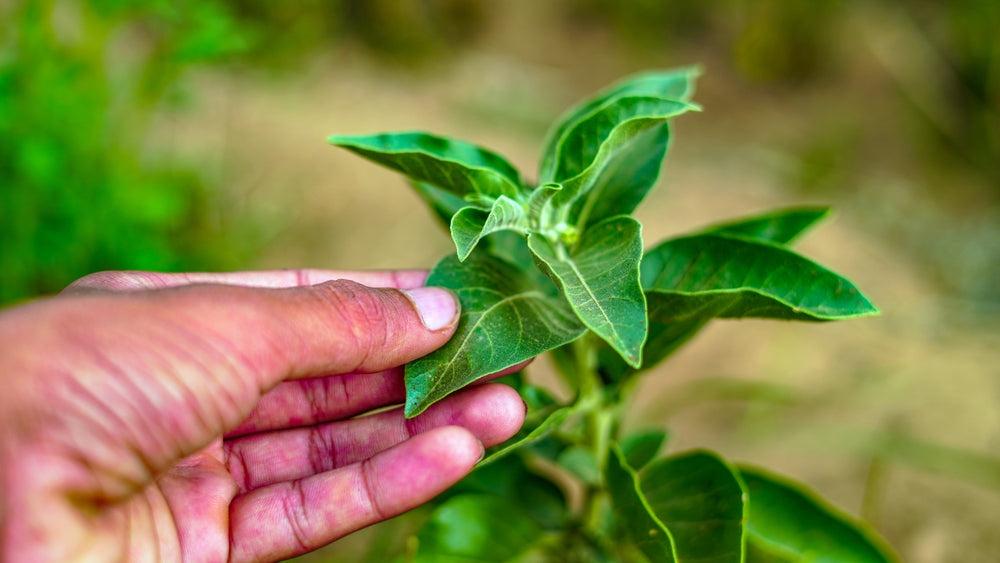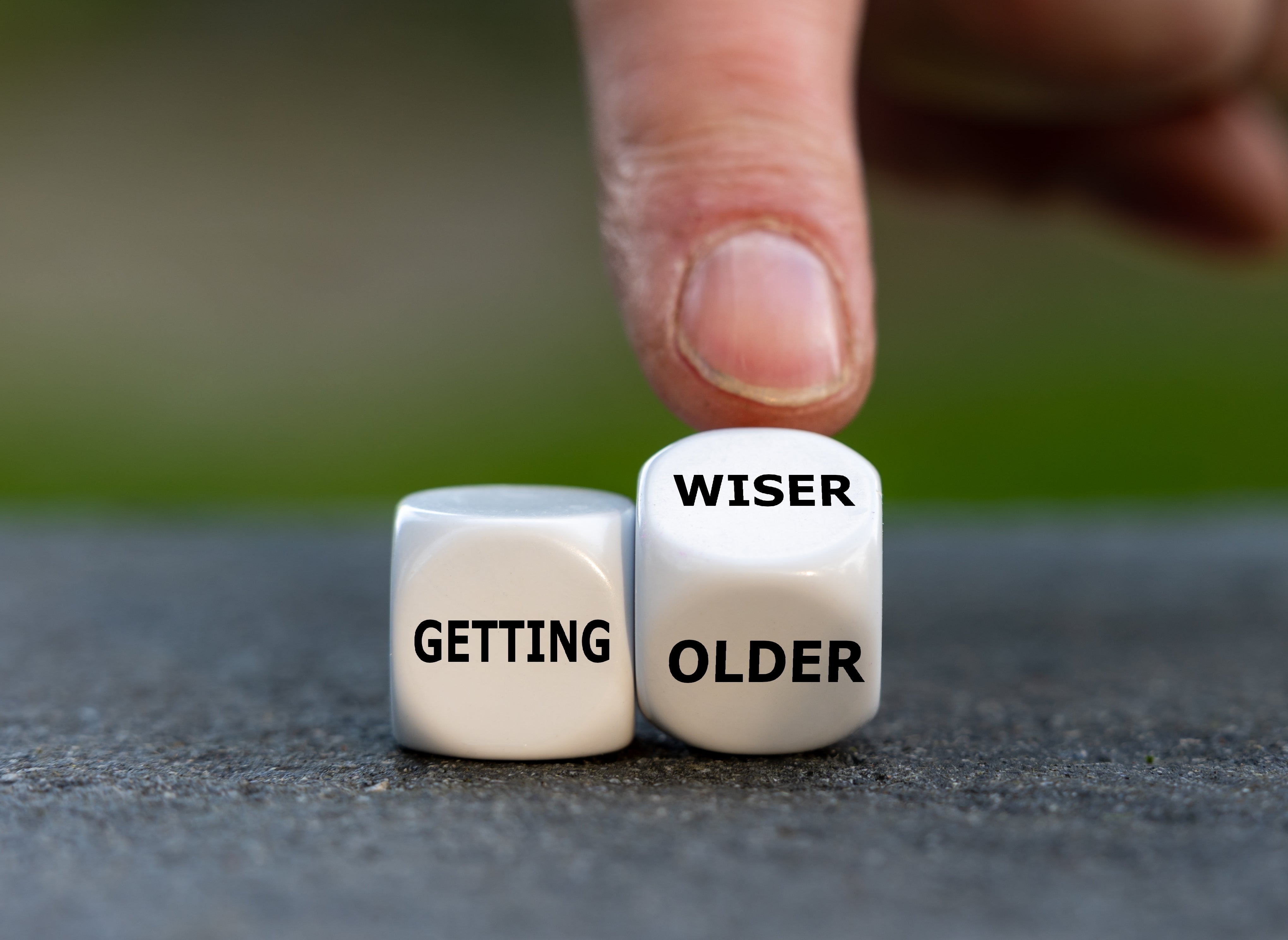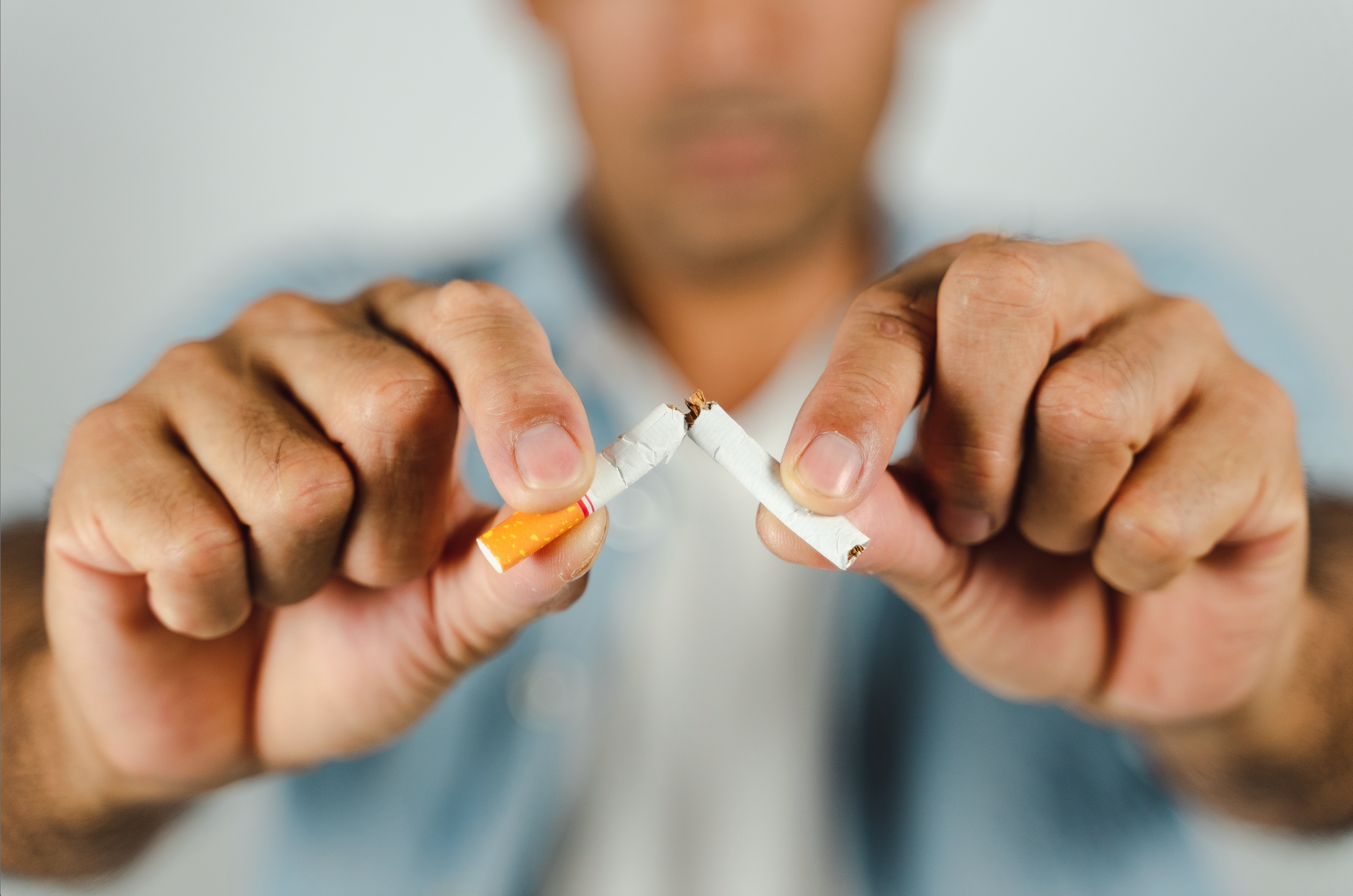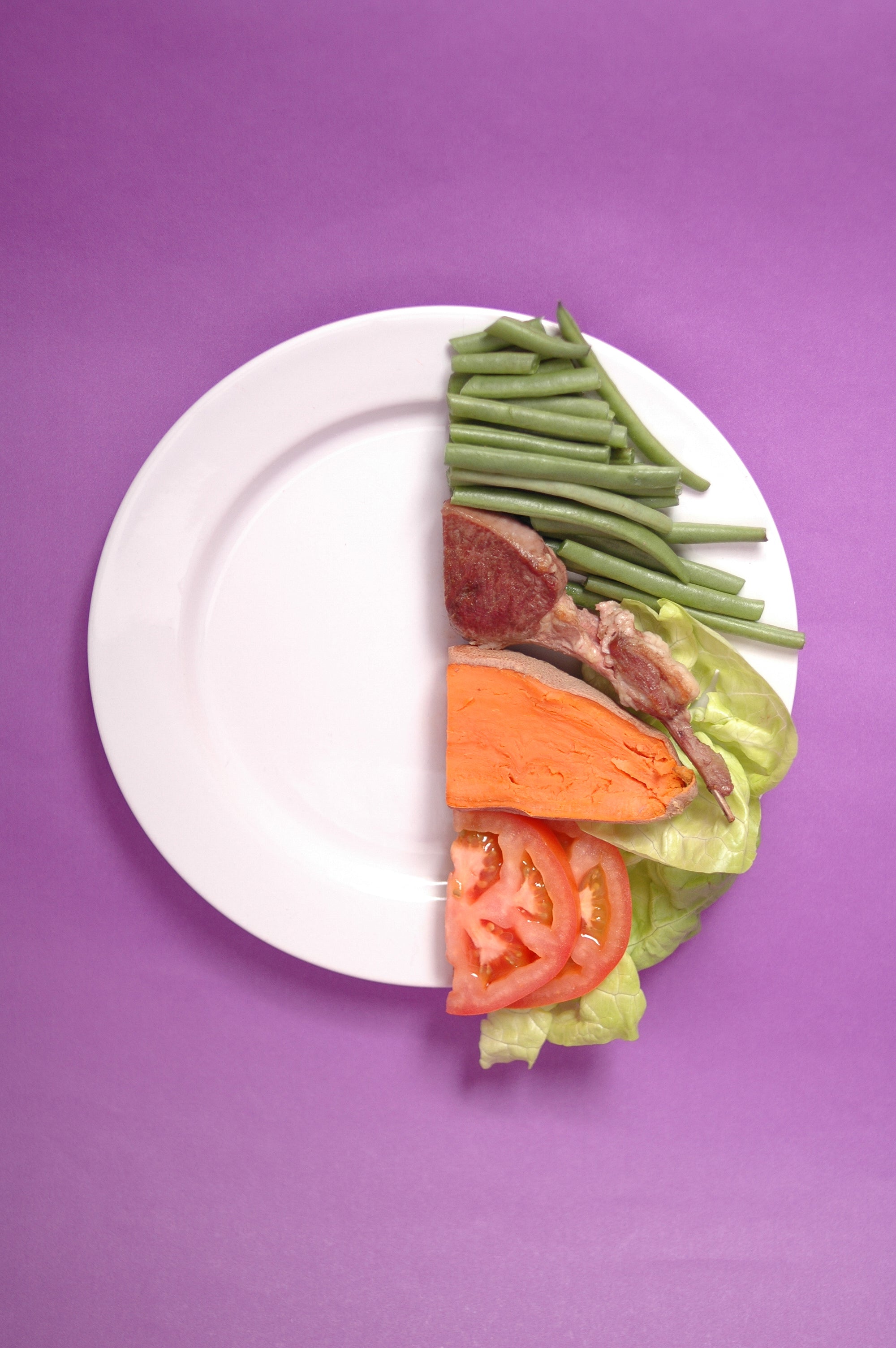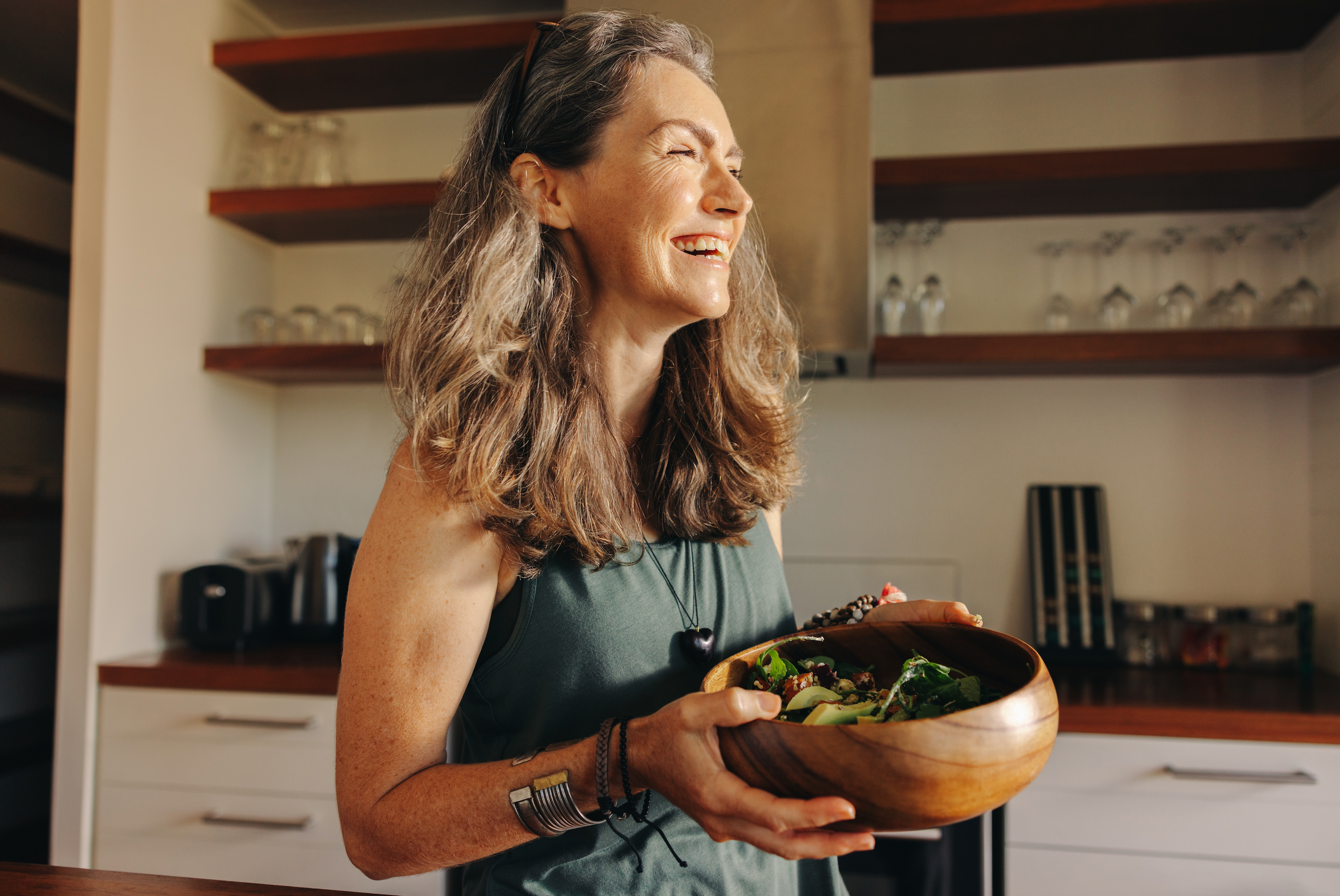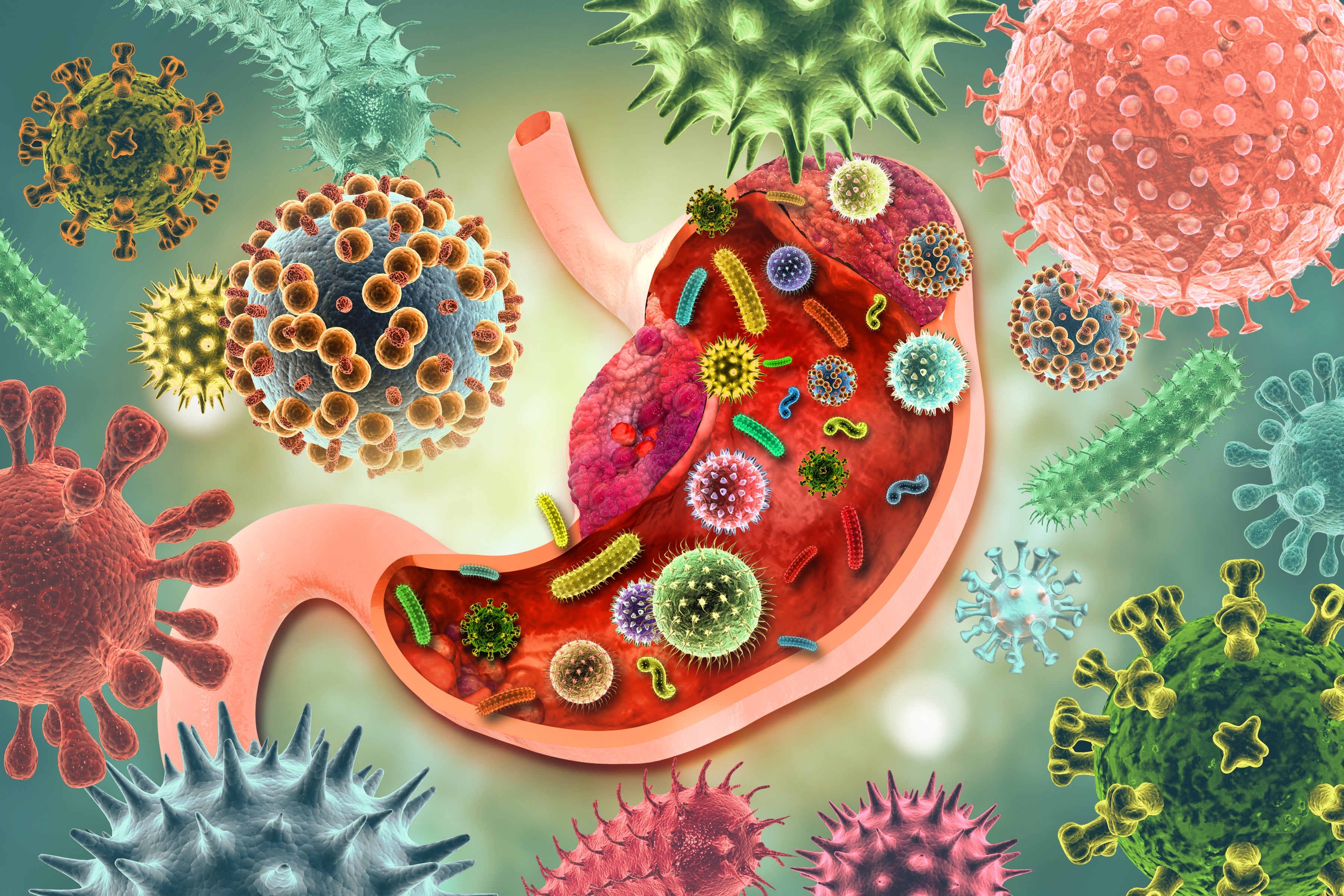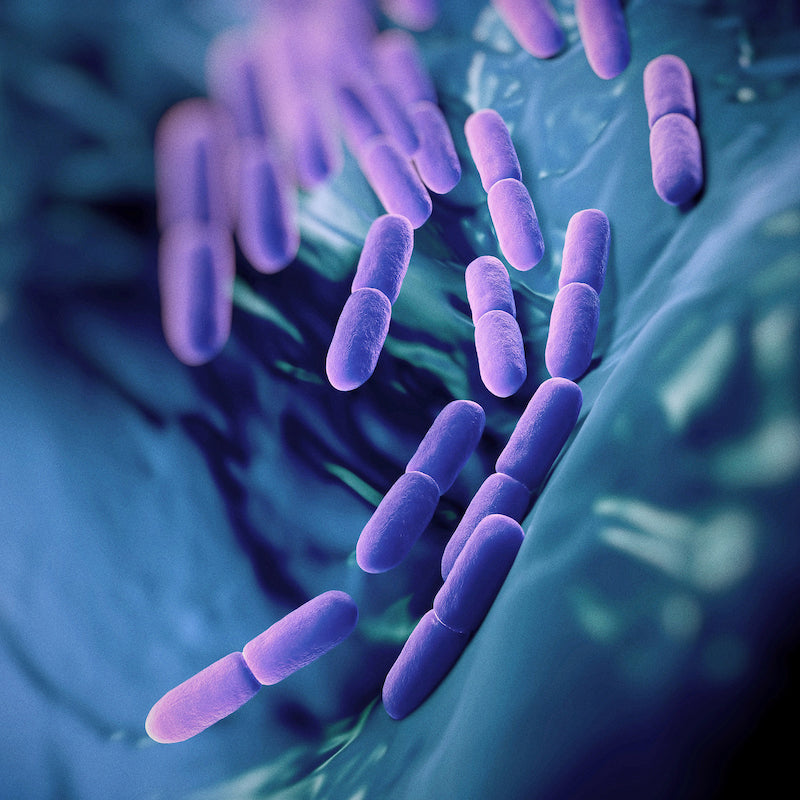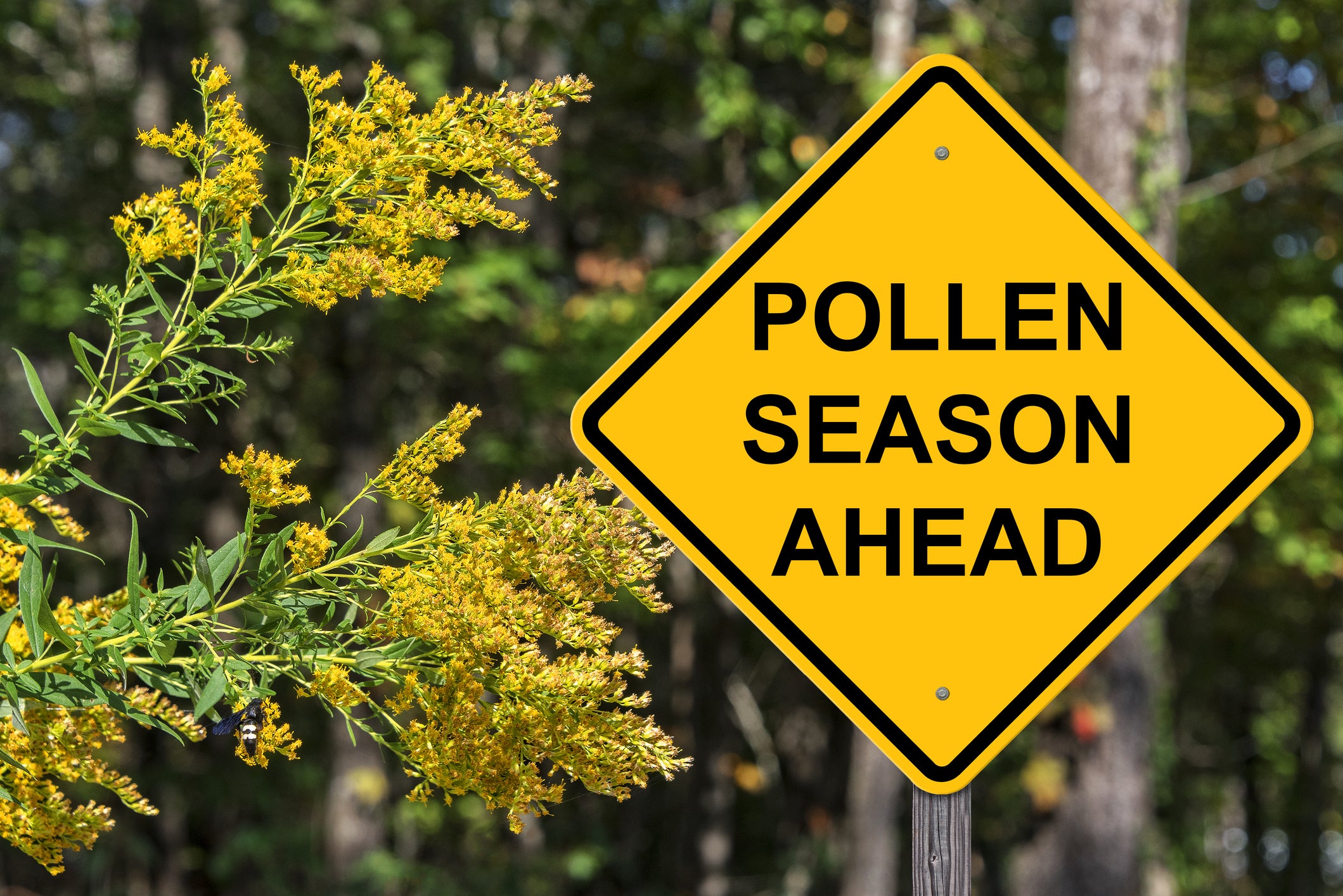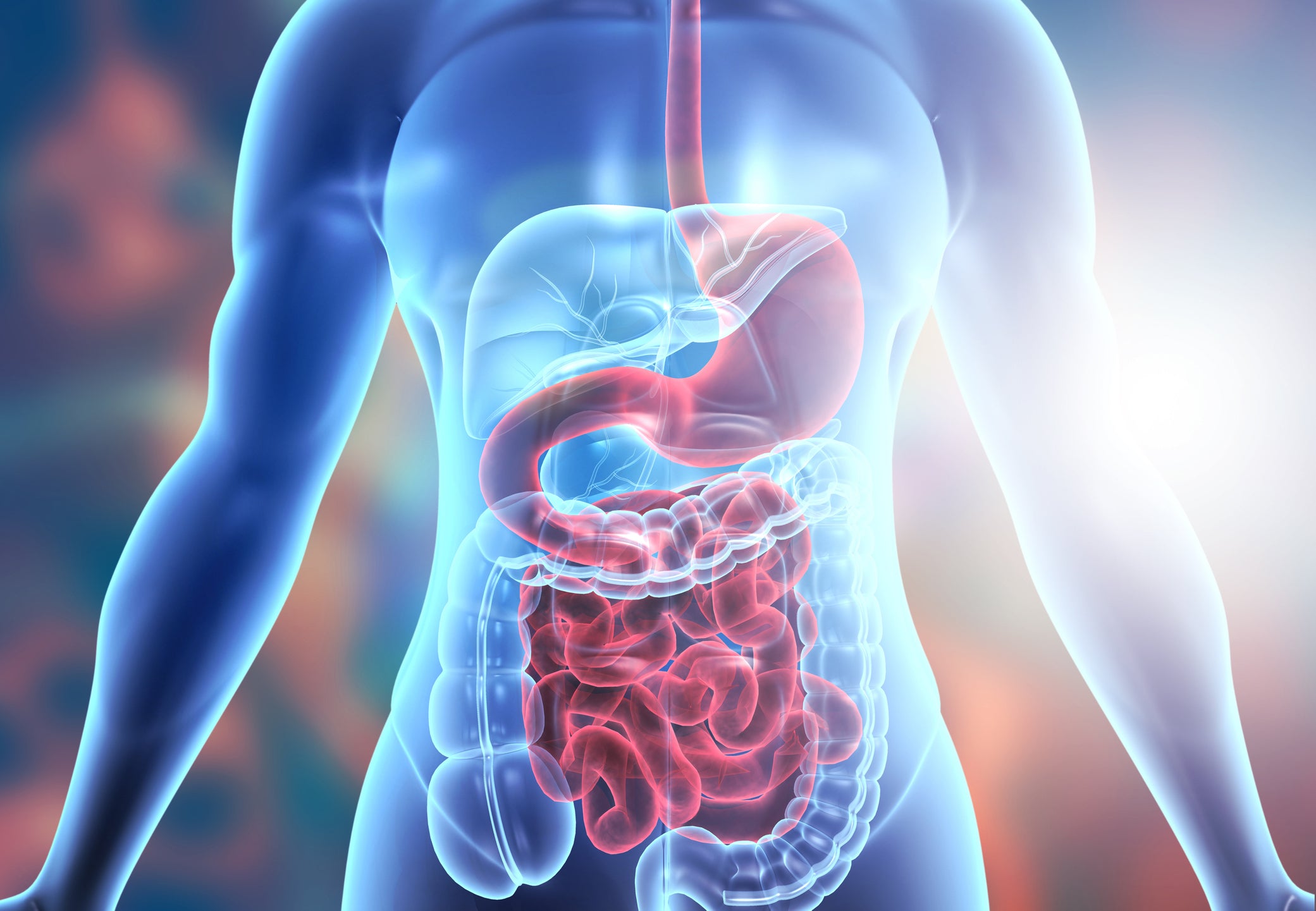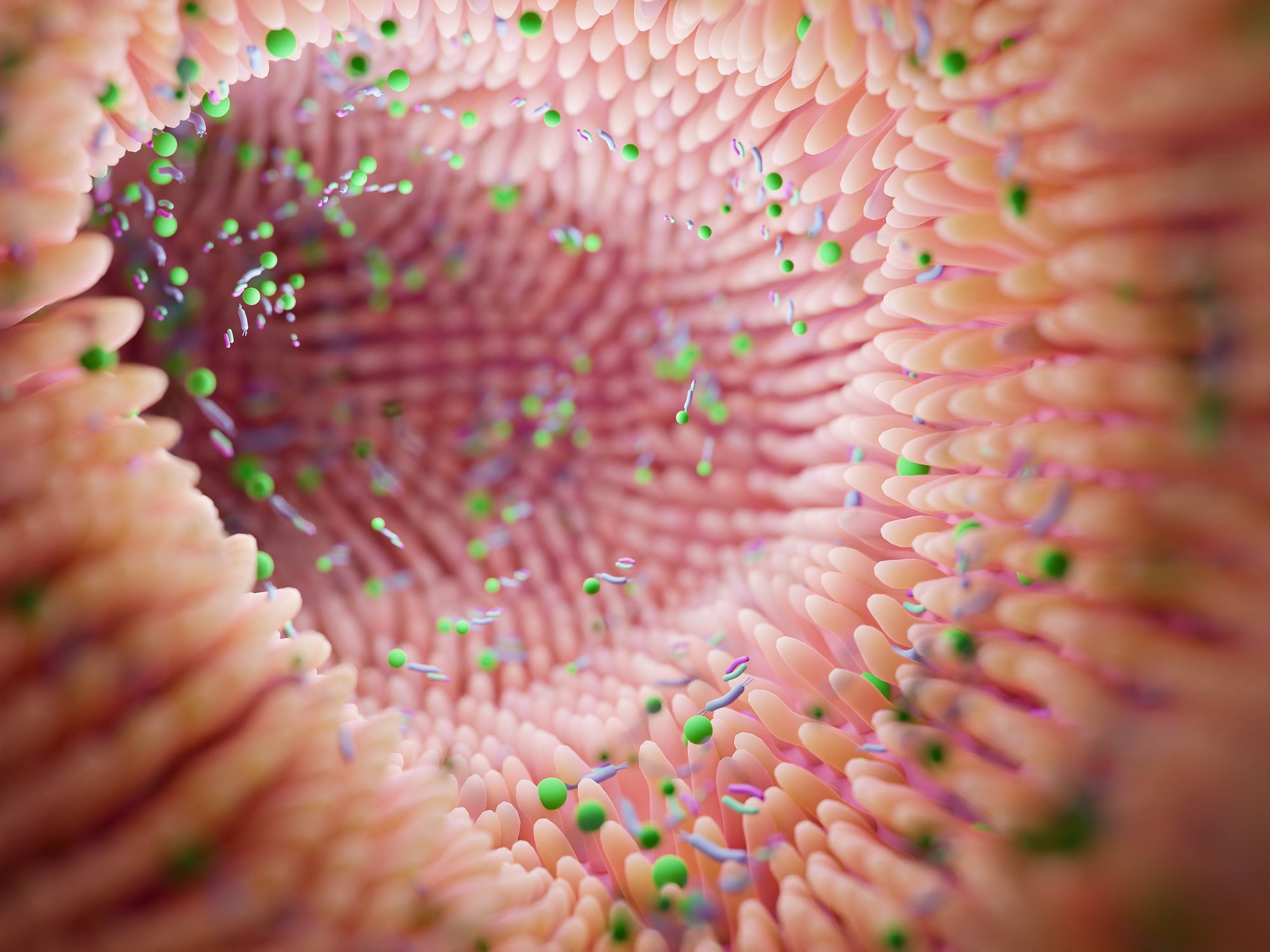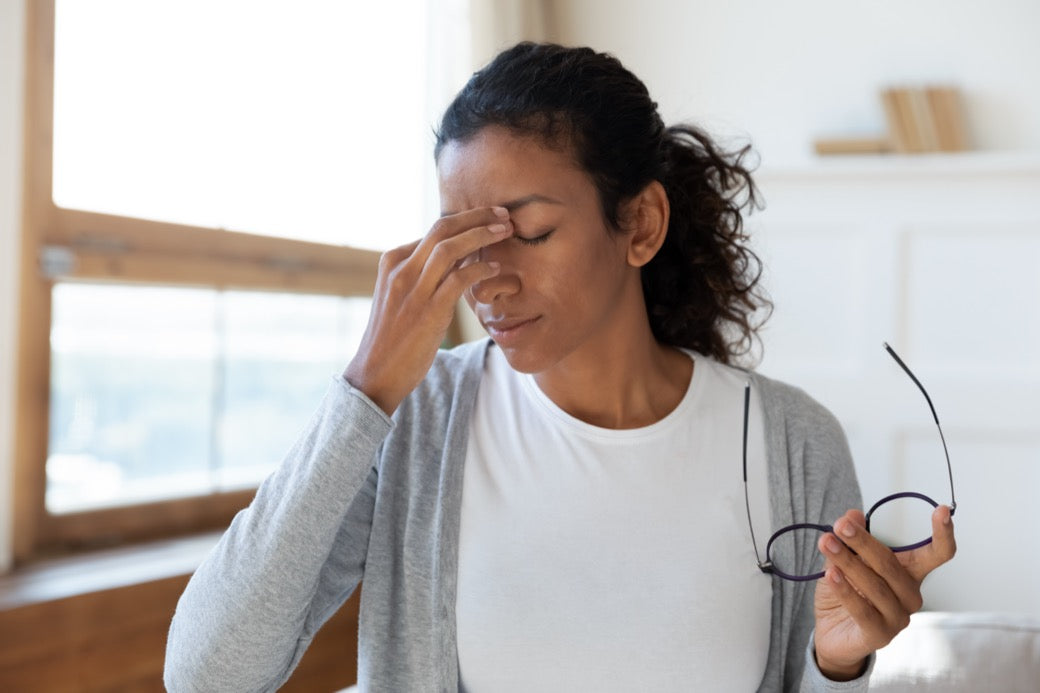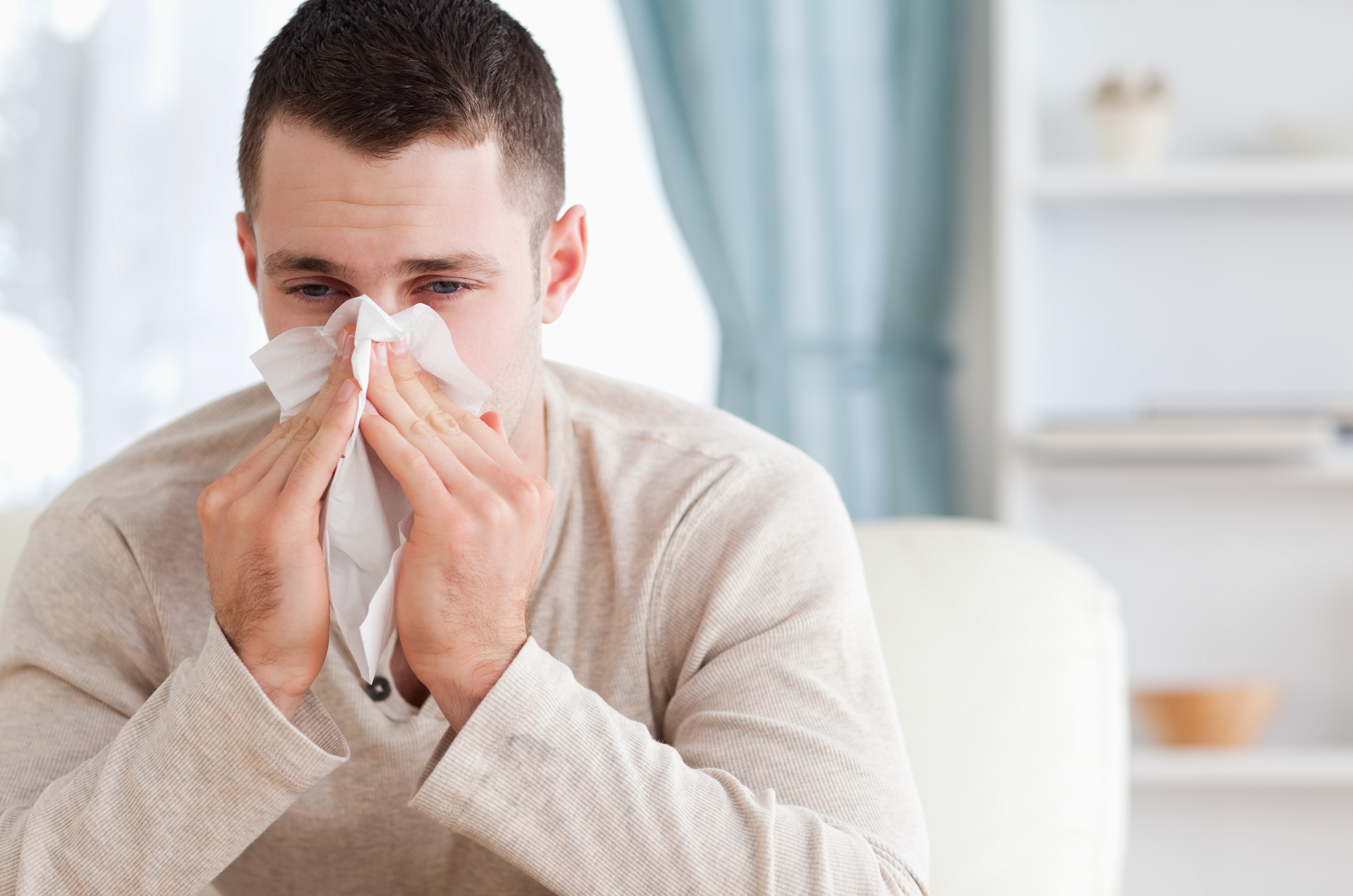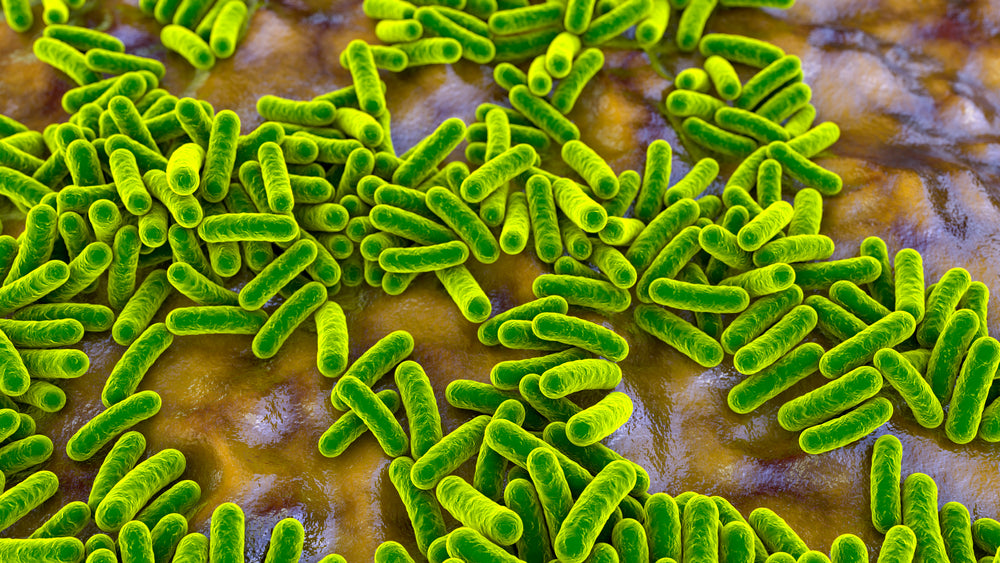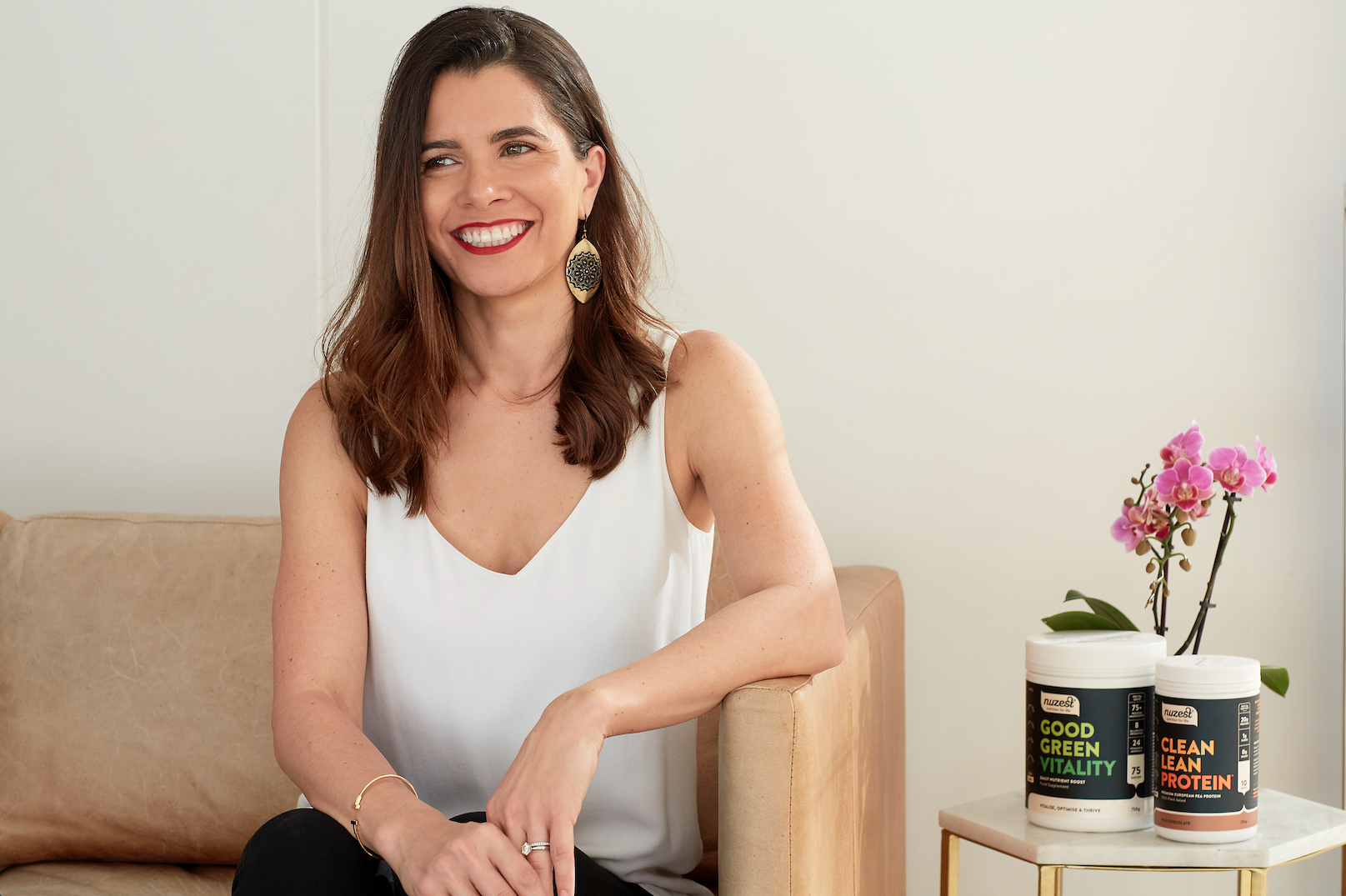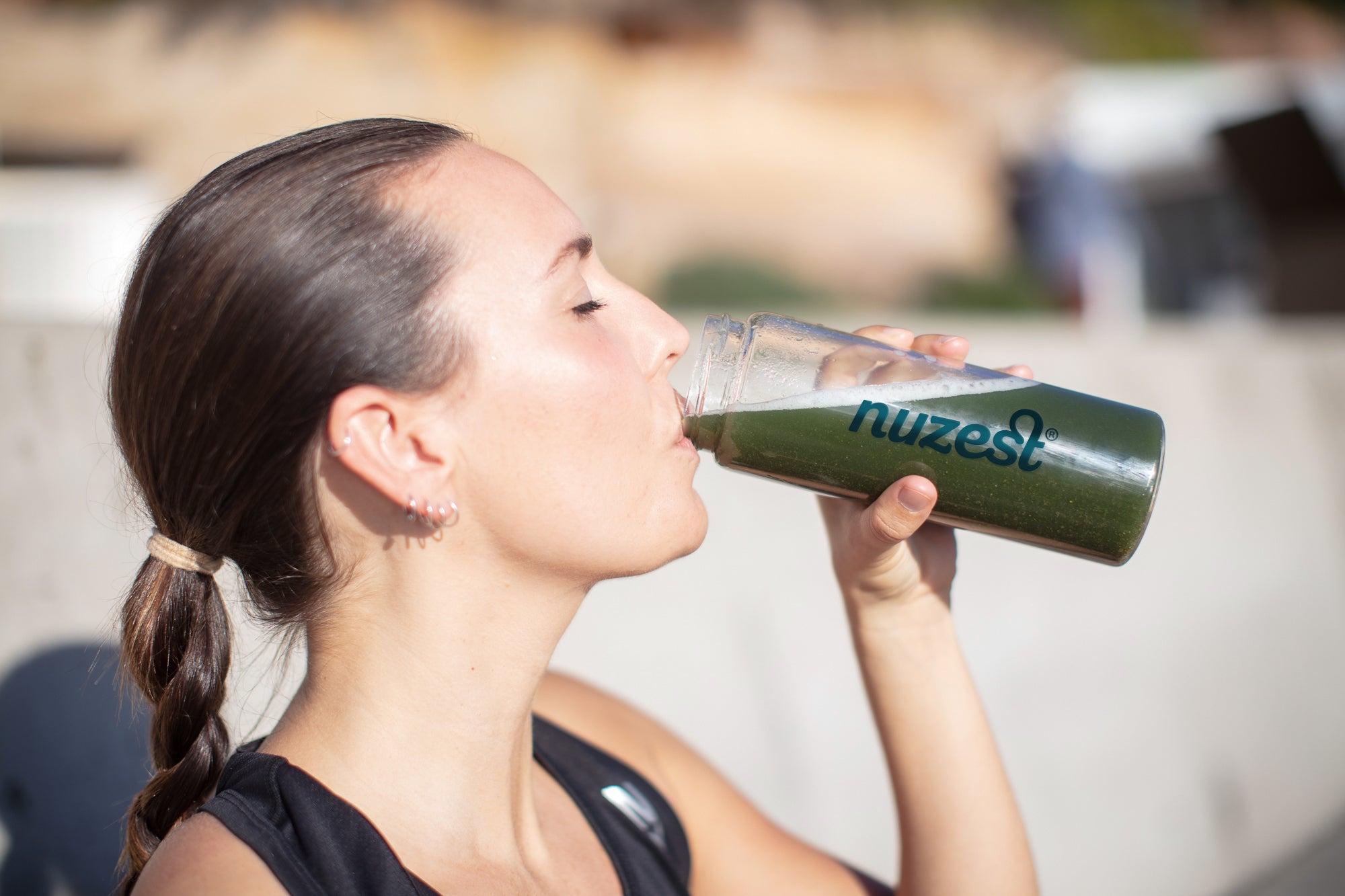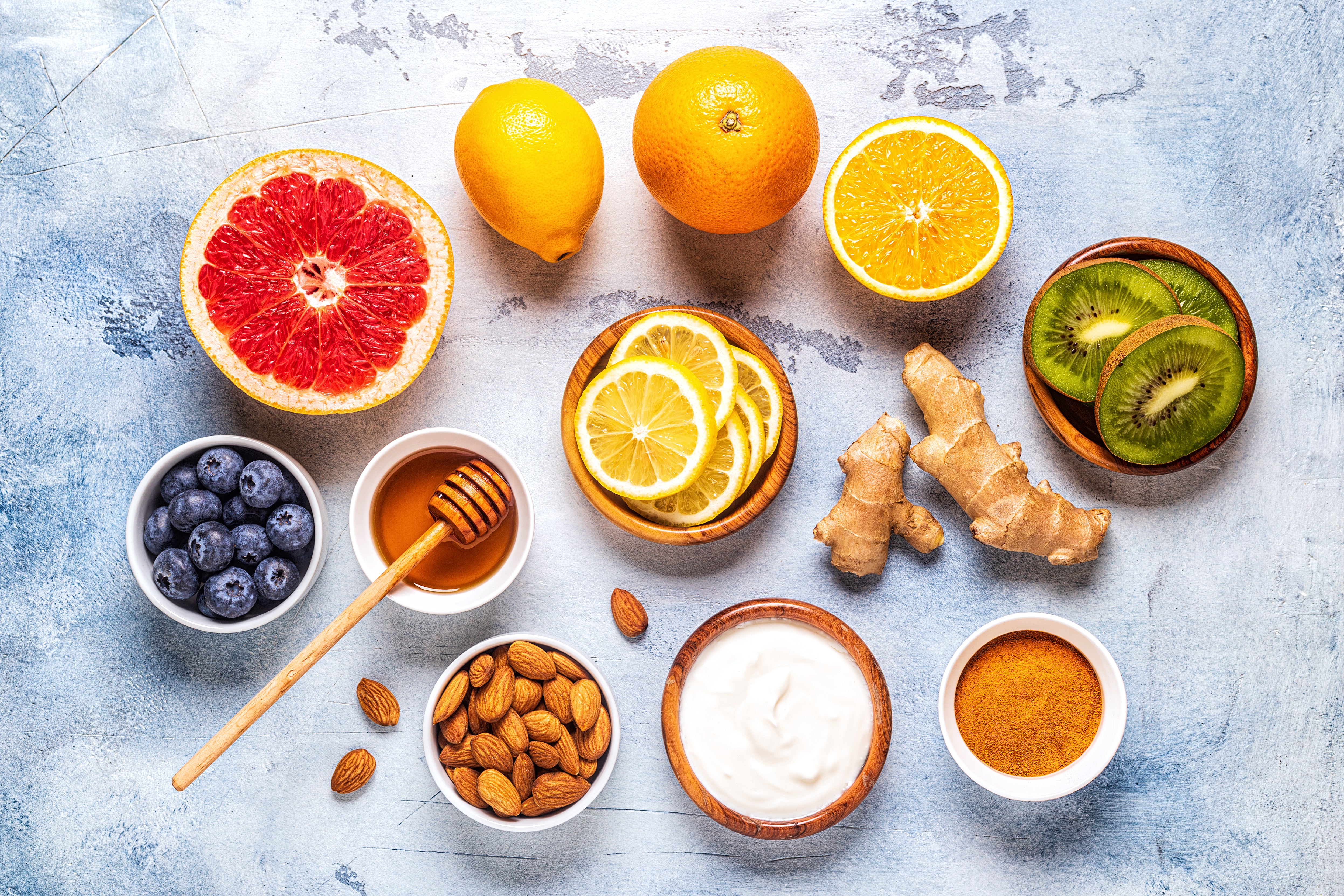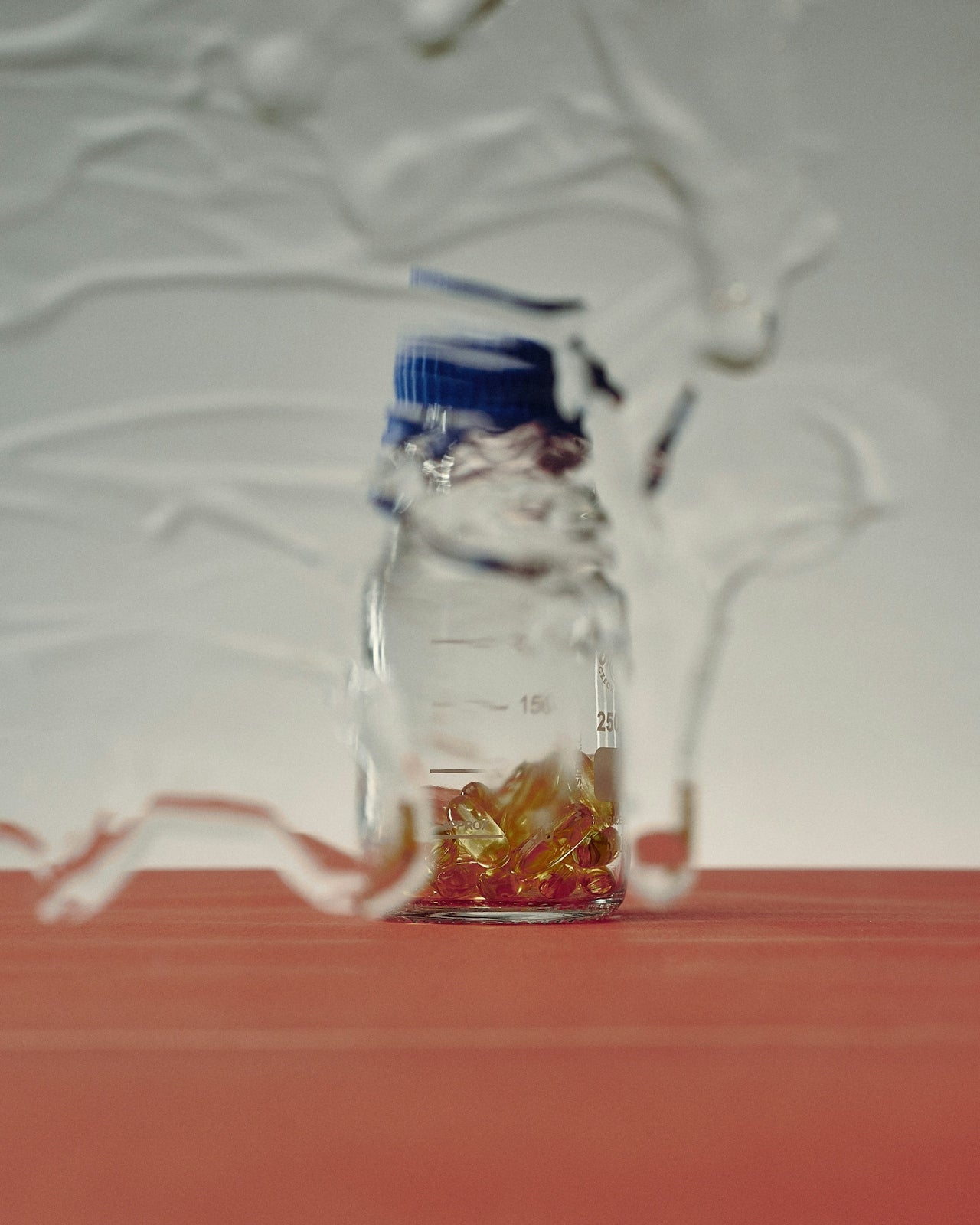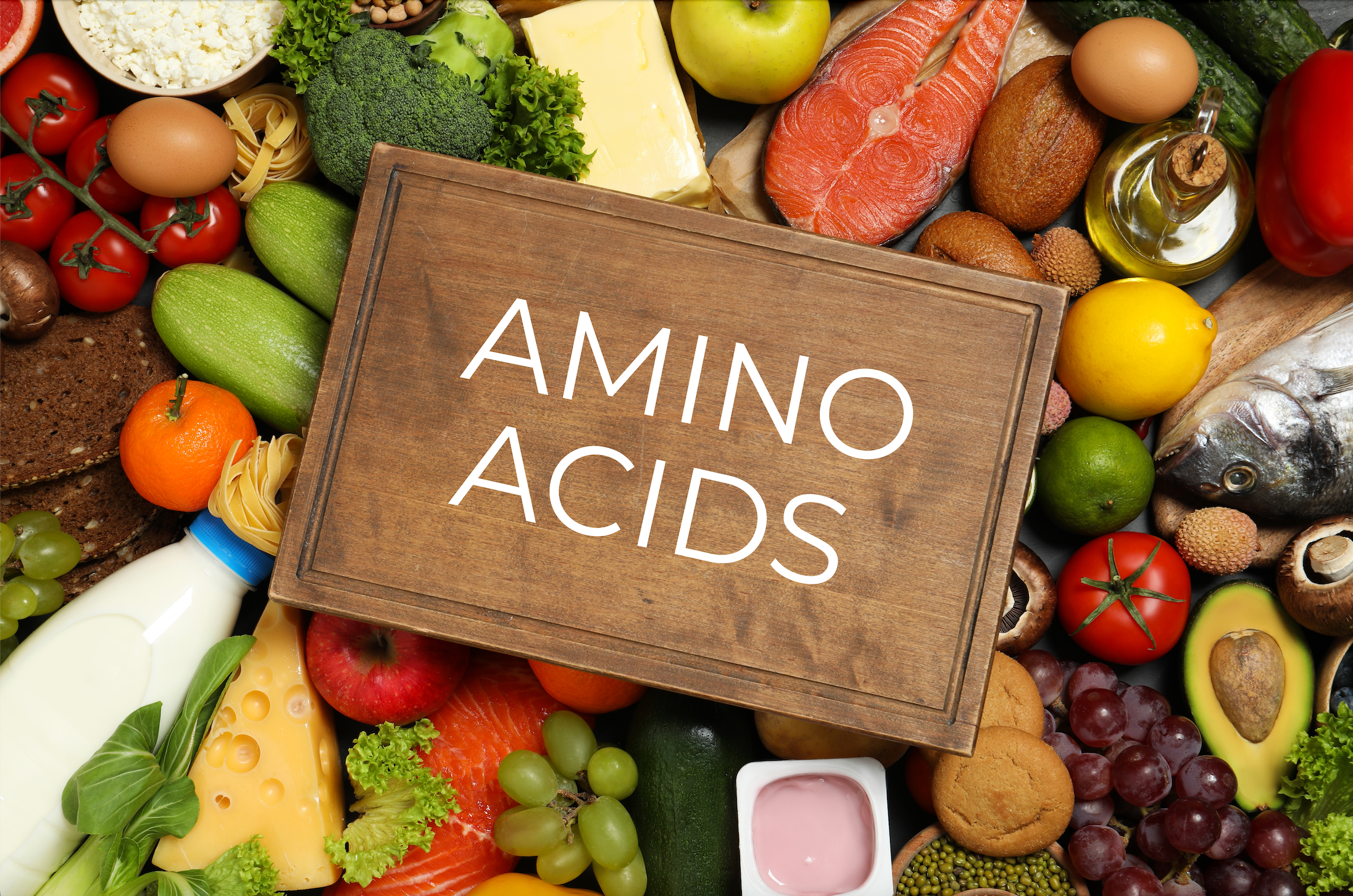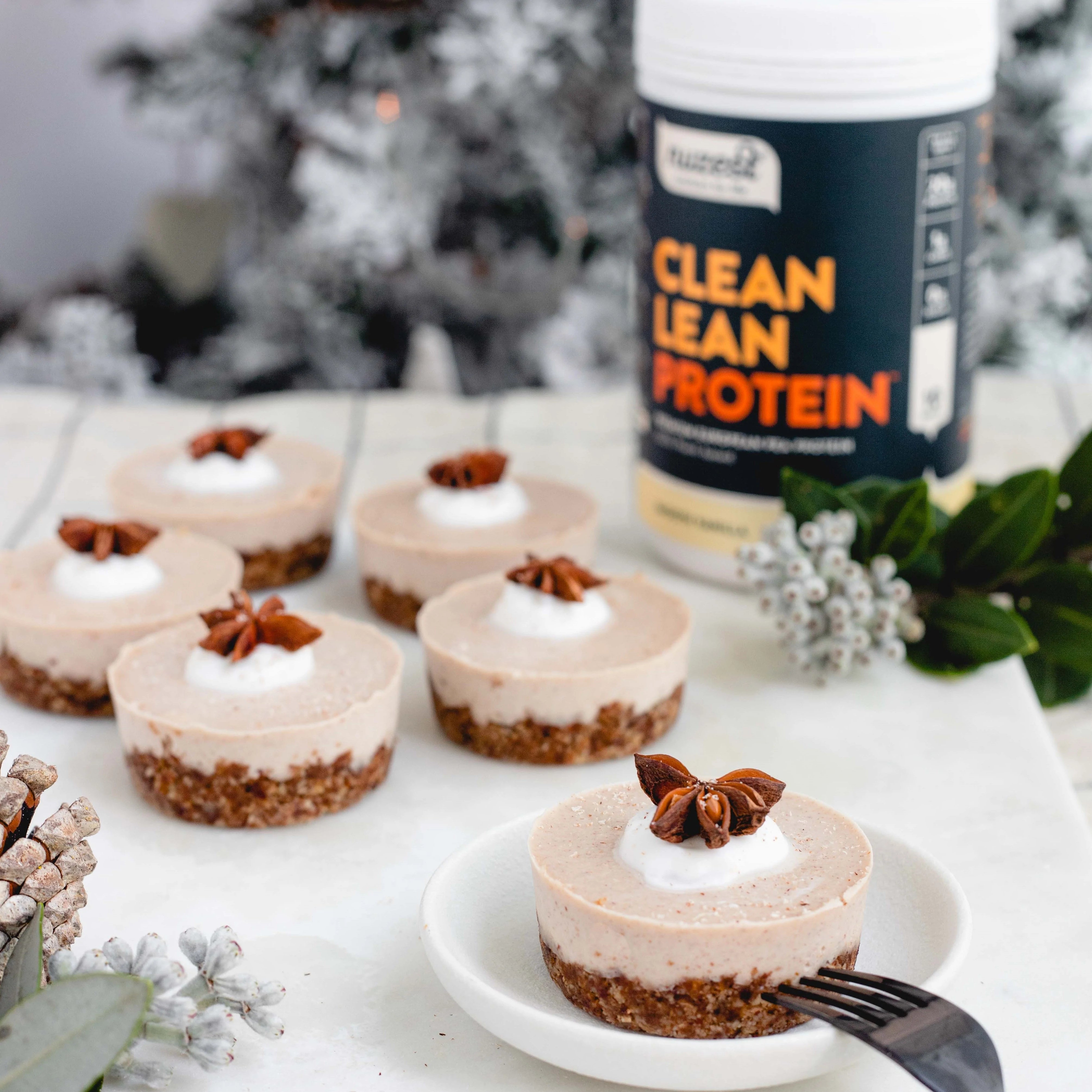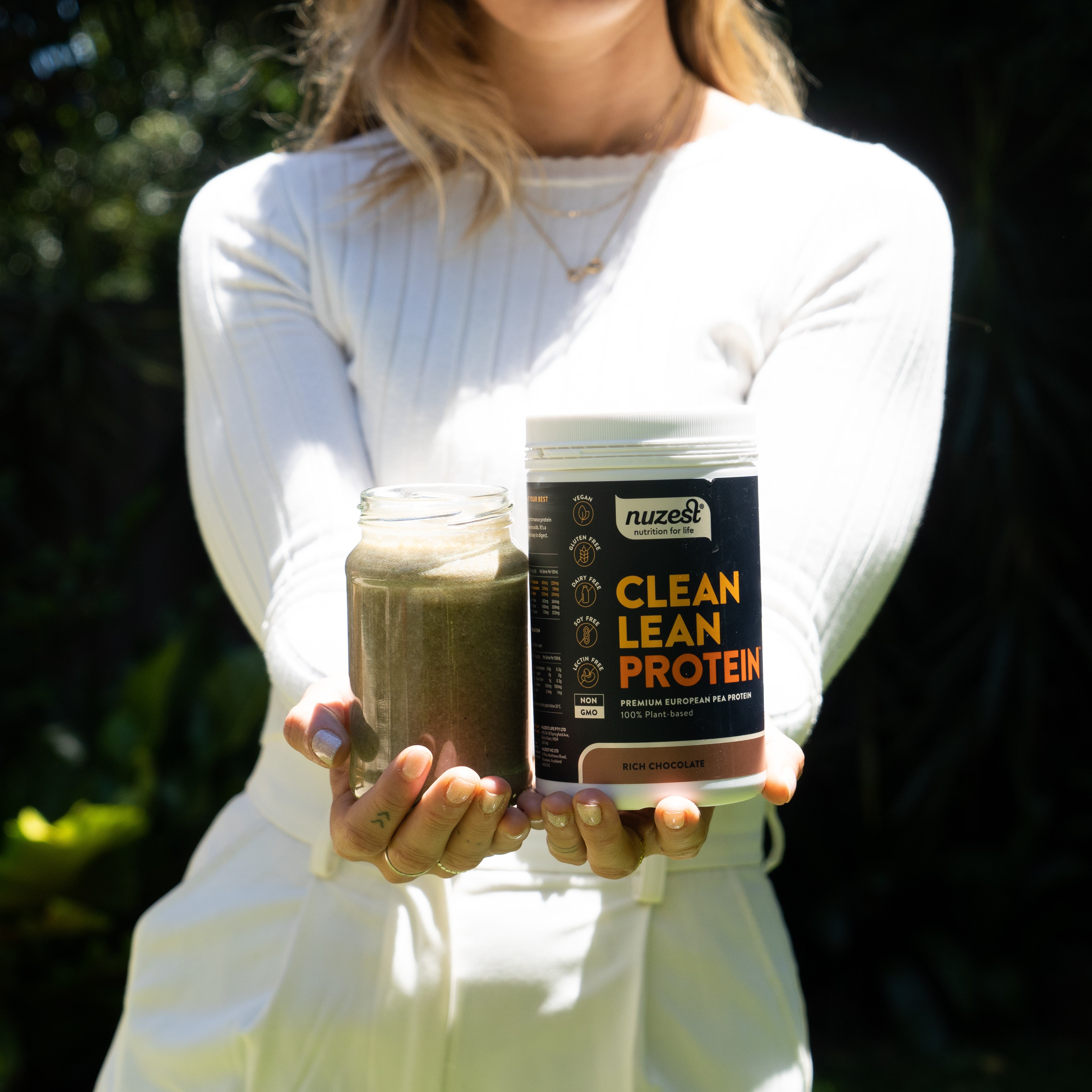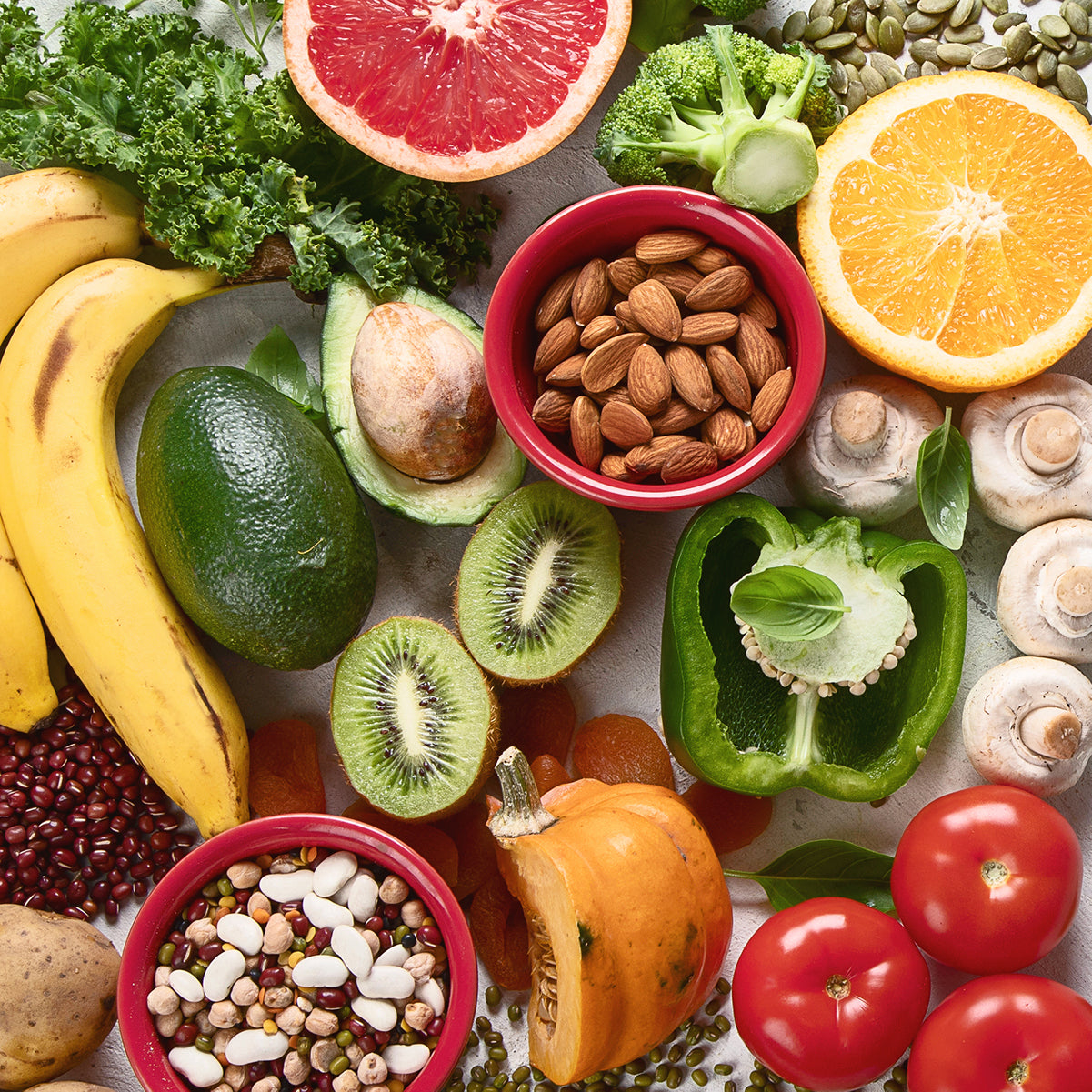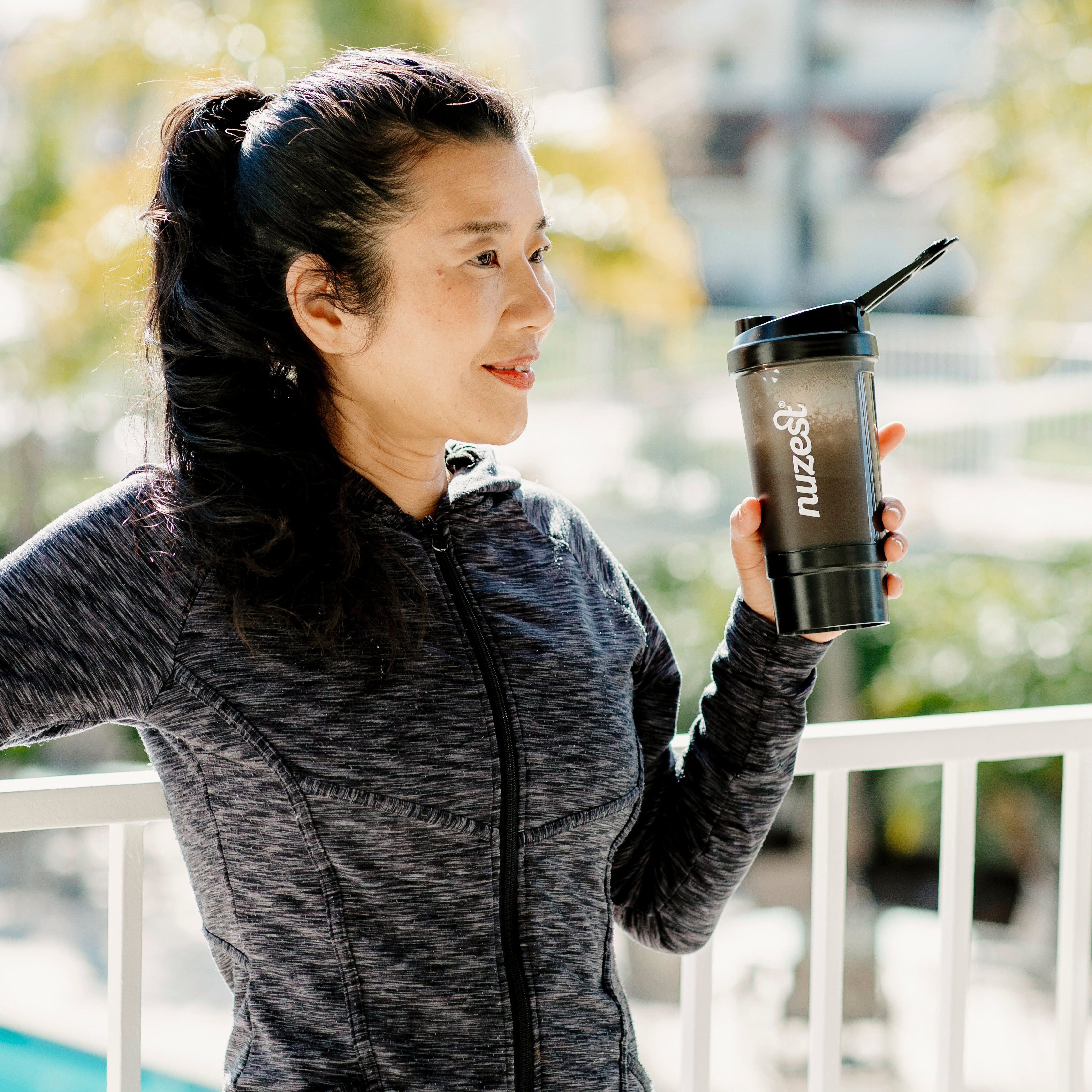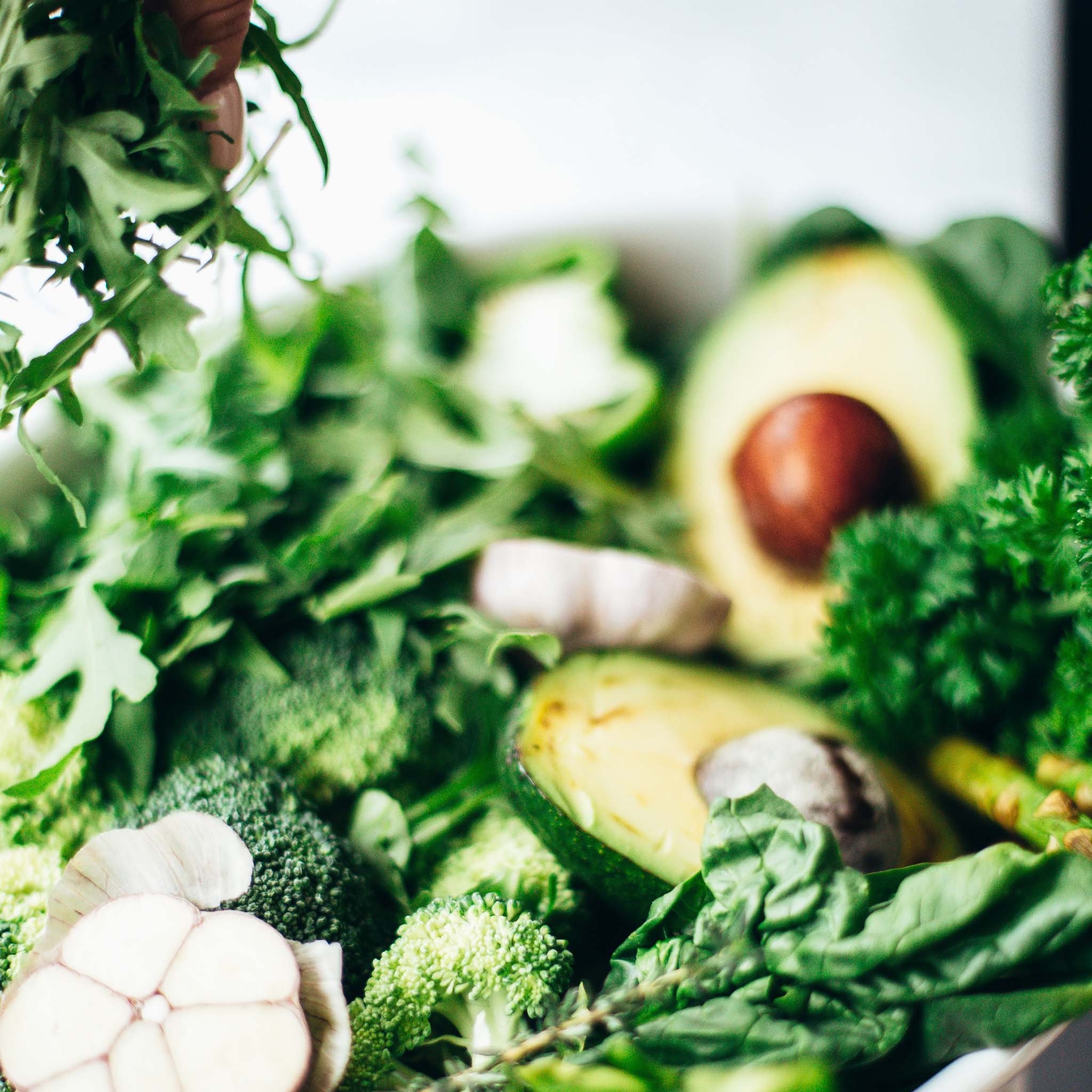Have you ever considered what your toxic body burden is? Does that mean anything to you? If it doesn't, hopefully this series of articles will help you to 'lighten your load' if necessary.
The term body burden refers to the level of environmental toxic load our bodies are carrying whilst still attempting to function normally. By environmental toxins we mean things like heavy metals from air pollution, pesticides ingested in or on our food or leached into the food supply through soil and water, hormone-disrupting chemicals in our personal care products and plastics or chemicals like fluoride that are added to the water supply. And that's just the tip of the iceberg!
Every day we are also bombarded by chemicals from industry, waste incinerators, air travel, household cleaning products, building materials, cigarette smoke and way more. You get the picture. We might have a lot more convenience, but we also have a hugely increased health risk from the wide-spread use of new-to-nature molecules.
Here are 5 top tips to help you unload or avoid some of that burden:
-
Food and Water clean up your survival staples
- Go organic where you can to lower your exposure to pesticides, fungicides, herbicides, fertilisers, antibiotics and a host of other chemicals that find their way into our food supply. Check out the Dirty Dozen+ [http://www.ewg.org/foodnews/dirty_dozen_list.php] for produce you really don't want to eat if it's not organic and the Clean Fifteen [http://www.ewg.org/foodnews/clean_fifteen_list.php], for produce you can ensure that your meat is either organic or pasture-reared/grass-fed and free range to lower the quota of hormonal by-products from stressed animals on top of other contaminants
- Reduce the amount of food you're consuming that comes wrapped in plastic, because certain plastics (particularly the soft, bendy ones) leach oestrogen-like mimicker molecules (xenoestrogens) into our bodies that play havoc with our hormonal balance
- Reduce your exposure to tap water by installing a good quality filter at home, particularly if your municipal water is fluoridated. Try not to buy drinking water in plastic bottles as it may be full of xenoestrogens, particularly if you live in a hot climate.
-
Personal care toiletries and cosmetics cleanliness and vanity, but at a price. Switch your brands to those derived from natural ingredients that are free of hormone-imbalancing and potentially cancer-causing contaminants. From heavy metals like lead and mercury in our mascara and lipsticks, to hormone disrupters in our shampoo and body wash and known carcinogens in hair dyes, our personal care products can be a toxic soup that's in contact with our skin day in and day out. And our skin is the largest organ in the body - what goes on it, goes in it!
-
Household chemicals get rid of toxic vapours. Much like personal care products, our homes should be places of rest, recuperation and recovery. But building materials, fire retardant and stain removing fabrics, deodorisers and cleaning products create a noxious environment of toxic vapours that put your family and pets at risk. Say no to as many optional extras as you can and switch your household cleaners to natural alternatives or return to the traditional cleaning agents of yesteryear like vinegar, lemon juice and washing soda.
-
Air pollution support the most important survival staple of all! From cigarette smoke to car fumes in inner city living, we are surrounded by air that's full of less than wholesome particulates. If you live in the city try to have foliage near windows to 'soak' up the air pollution. Cycle through parks when you can and walk on pavements/sidewalks as far away from the road as possible. Amazing that research is showing that walking even 1m away from the road on the pavement decreases the amount of inhaled particulates. It's not so much the heavy metals anymore but nitrogen oxides and volatile organic compounds that are causing distress.
- Rest and movement Nature's natural healers. Make sure you have adequate sleep for maximum regeneration and recovery. That means 6-9 hours a night in a totally darkened room to allow your pineal gland to produce melatonin the regenerative, 'mopping-up' hormone! But just as you need sleep, you also need movement. We are designed to be active beings engaging G-force on a regular daily basis to stay healthy and support our biotransformation/detox pathways.
References:
US Centers for Disease Control Fourth National Report on Human Exposure to Environmental Chemicals http://www.cdc.gov/biomonitoring/pdf/FourthReport_UpdatedTables_Feb2015.pdf
